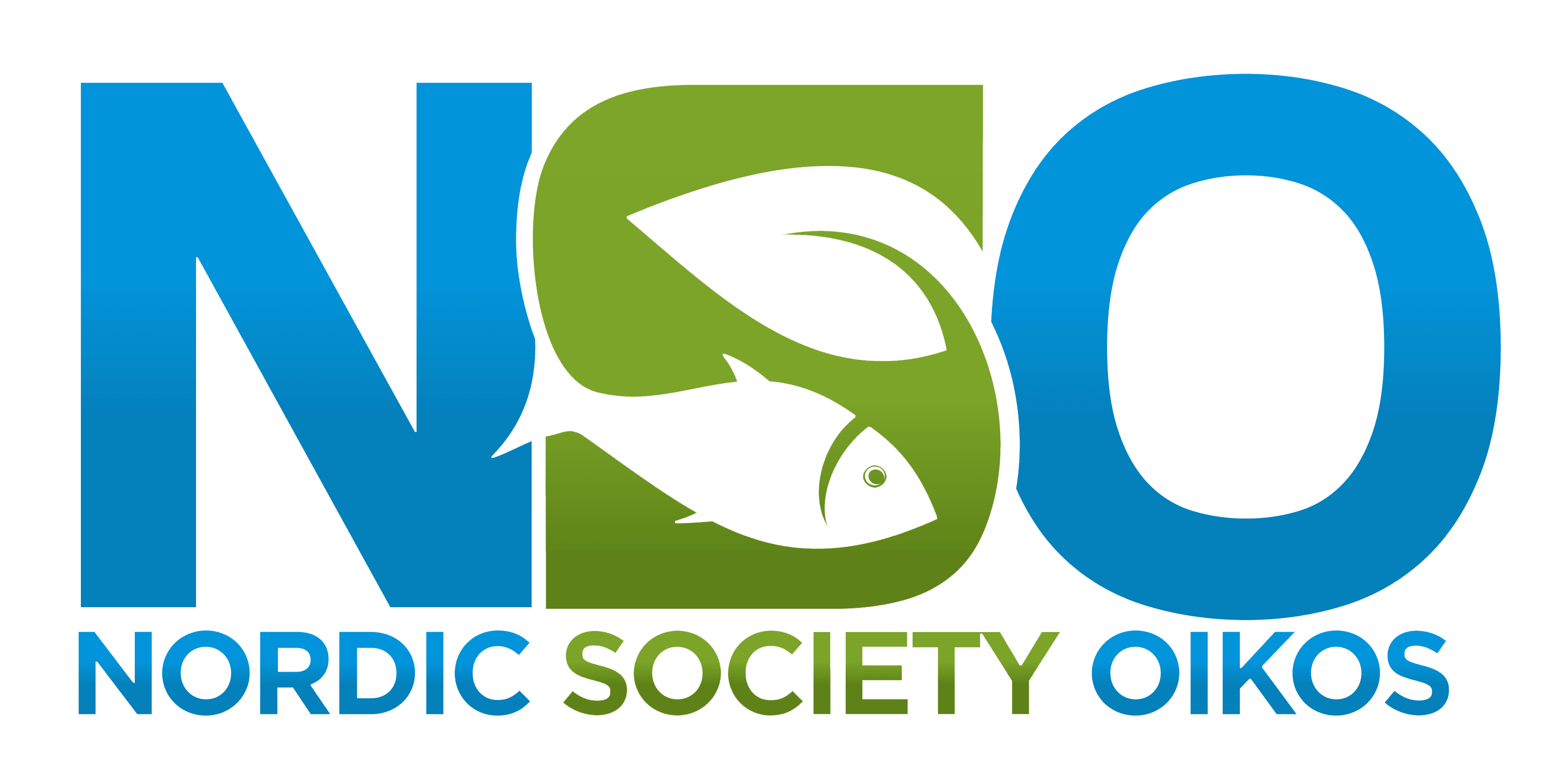Grant report: Training graduate students on the impact of social media channels for biodiversity data collection

For effective biodiversity conservation planning in the face of increasing threats, we require a multifaceted approach aligning data collection at different scales from different sources using novel technologies, including social media. This is because citizen science has shown to be one means to involve diverse people in biodiversity conservation and to engage in rapid and elaborate data collection. This workshop sought to educate the local communities to develop digitized biodiversity recording methods on social media. There were a total of 88 participants (with 23 online and 65 onsite) across Finland, Nigeria and other African countries (e.g., Ghana). The one-day workshop took place at the A.P. Leventis Ornithological Research Institute (APLORI), Centre of Excellence in Ornithological Training and Research, University of Jos, Nigeria. The workshop involved early career researchers (Master’s, PhDs and Postdocs) across Nigeria and Finland who presented approaches to develop a simple and effective citizen science approach to improving evidence- area-based conservation planning. Specifically, the presenter of the workshop (Dr. Ricardo Henriques Correia, University of Turku, Finland) discussed with the participants how emerging technologies such as the social media enable new research opportunities and transform biodiversity science, policy and public participation.

Of recent, citizen science that involves using untrained professional scientists to collect biodiversity observational records has been playing a vital role in reducing the complexity of understanding the global biodiversity distribution knowledge gaps. Perhaps, online digital data from media platforms might have the potential solutions to complement biodiversity monitoring and citizen science in light of the GBF. Because of the increasing access to the internet and accessories across locations, where millions of skilled and unskilled people leverage wide internet coverage and the photographic capacity of mobile devices to snap and post photographs that contain biodiversity information on social media channels. This suggests that social media data might be increasingly useful in monitoring biodiversity and used to inform spatial conservation planning, pointing to the need for educating more early-career researchers on the potential of using social media in citizen science biodiversity data collection, to help address the global biodiversity knowledge gap in the face of increasing anthropogenic climate change.

Highlights of the workshop
Dr Ricardo through the training presentation showed that digital biodiversity data on social media holds great potential to help fill biodiversity knowledge shortfalls when archived appropriately and used with caution. While importantly stressing that archiving biodiversity data digitally cannot be a complete panacea for biodiversity knowledge shortfalls. Therefore, it should be used along with, and not in replacement of, other biodiversity monitoring methods.
The training concluded that
- Biodiversity knowledge shortfalls are widespread and hamper conservation efforts
- Digital data has the potential to help address existing knowledge shortfalls
- Technological advancements allow the development of automated pipelines to collect digital biodiversity information and integrate it in existing repositories.
- Digital biodiversity data should be collected and handled with care to ensure its validity, and should not replace other efforts to enhance biodiversity monitoring.
Outcome of the workshop
The impact of the workshop has led to the creation of citizen science group project that seeks to secure funds to educate the local communities to develop digitized biodiversity recording methods for insects, birds and plants on social media, which will help in advancing the development of communities of knowledge, and establish broader and more systematic monitoring of selected taxa using existing protocols.
This event was funded by the NSO Early-Career Researcher Grant 2024 and awarded to Gideon Deme.
